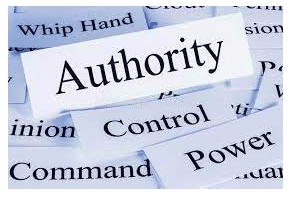It’s all about semantics….
When authoritarians speak, pay close attention.
Words, beyond their basic function of communication, signal intent and outline ways of thinking. But in an age of “alternative facts,” we know too well that words can obscure as much as they clarify. Words can also be weapons. As the sociologist Celine-Marie Pascale puts it, “Authoritarian governments weaponize language to amplify resentments, target scapegoats, and to legitimize injustice.”
In Hong Kong, as large-scale protests erupted in 2019, followed by this year’s severe crackdown spearheaded by a national security law imposed by Beijing, the government increasingly adopted the authoritarian language of the Chinese Communist Party. Previously staid pronouncements peppered with anachronisms—products of its technocratic governance with roots in 150 years of British colonial rule—became much more brash in tone, loudly assertive in projecting power, and snide in their rebuttal of public criticism.
“Hong Kong government press releases and statements have increasingly echoed the vocabulary and phrasing of the central people’s government’s official statements,” said Sebastian Veg, a professor of Chinese intellectual history at the School of Advanced Studies in Social Sciences in Paris. A possible reason for this change is that Hong Kong was ordered to do so “to dispel the impression that there is a gap between decisions made in Beijing and their implementation in Hong Kong,” he added.
These shifts in rhetoric can be difficult to detect, dressed as they are with the credibility and heft of officialdom. But authoritarian language can be “sticky” and hard to get rid of, notes the scholar Yuliya Komska and co-author of the book Linguistic Disobedience. That “official” language used by the authoritarian state also goes by another name, she said: the language of co-optation.
One way to gird against this kind of linguistic co-optation is to study a government’s use of words closely. Subtle changes in official rhetoric often go hand in hand with attempts to reshape people’s thoughts, using sleights of language to manipulate the space of public discourse.




